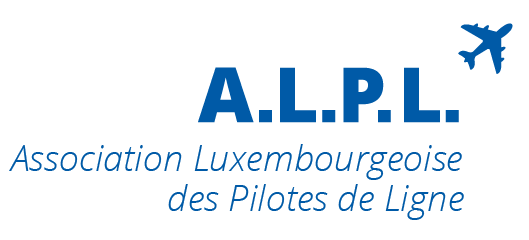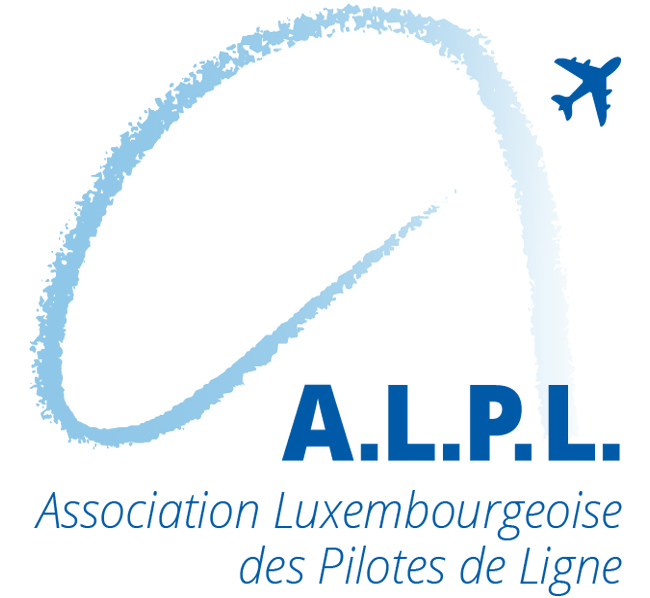Joint statement by the European Pilot Peer Support Initiative (EPPSI) and their founding organisations:
European Association for Aviation Psychology (EAAP), European Cockpit Association (ECA); European Society of Aerospace Medicine (ESAM) and Mayday Foundation
Airlines, aviation organisations and their employees were not prepared for a pandemic, like COVID-19.
Most European and international airlines have stopped flying or are focussing on cargo flights, medical and rescue operations or return flights. Most countries have issued strict quarantine and physical distancing measures.
The COVID-19 crisis exposes all flight crews, their relatives and passengers to particularly high psychological stressors such as:
- Increased workload due to intensive cargo operations, emergency operations, or due to crisis situations in flight operations;
- Changed cooperation and team climate due to preventive measures;
- Increased risk of infection due to contact with potentially infected passengers, with flight or from surfaces on the flight deck/ in the cabin, at the airport;
- Additional workflows and work processes by handling infected passengers or crew;
- Long and irregular working hours, reduced rest opportunities and potential fatigue, combined with a difficult childcare situation at home;
- Home quarantine for those infected or under strong suspicion; or
- Job insecurity, loss of income and potential loss of employment.
These stressors can lead to psychological strains such as anxiety or existential fears, which in turn might negatively affect crew’s ability to safely exercise the privileges of their license. They range from operators restructuring, down-sizing or going bankrupt, flight crews losing jobs and operational/medical licenses, young pilots not being able to reimburse their training loans, to operators ramping up operations exceedingly fast to cope with increased travel demands after the end of prevention quarantine.
Resilience to such stressors and fears is very much dependent on personally available resources, individual coping strategies and support systems both at the human level (e.g. family members, friends, colleagues) and at the organisational/employers’ level.
This is why Pilot Peer Support Systems play a crucial role not only during ‘normal operations’ but also in this pandemic: they can assist flight crews in recognizing, coping with and overcoming potential problems.
To allow such Pilot Peer Support Programmes to fulfill that role, EPPSI recently published a Practical Guide on the design and implementation of Pilot Peer Support Programmes. All EPPSI board members and supporting associations are providing a comprehensive summary on key elements and success factors as well as the process itself.
The founding members of EPPSI recognise that the present COVID-19 crisis has a great potential to negatively affect flight crew’s ability to safely operate, if they are not proactively supported by and informed about Peer Support Programs. EPPSI therefore calls upon airlines and national regulators to reinforce the establishment and promotion of Peer Support Programmes to optimize their crews’ physical and mental fitness during the COVID-19 crisis and in the aftermath – to maintain and improve our high level of aviation safety.
For additional information, questions or support please go to: www.eppsi.eu or send an email to info@eppsi.eu
On behalf of the EPPSI Board:
Capt. Paul Reuter (EPPSI), Dr. Michaela Schwarz (EAAP), Capt. Tanja Harter (ECA), Dr. Ries Simons (ESAM), Capt. Dr. Gerhard Fahnenbruck and Capt. Hans Rahmann (Stiftung Mayday)





